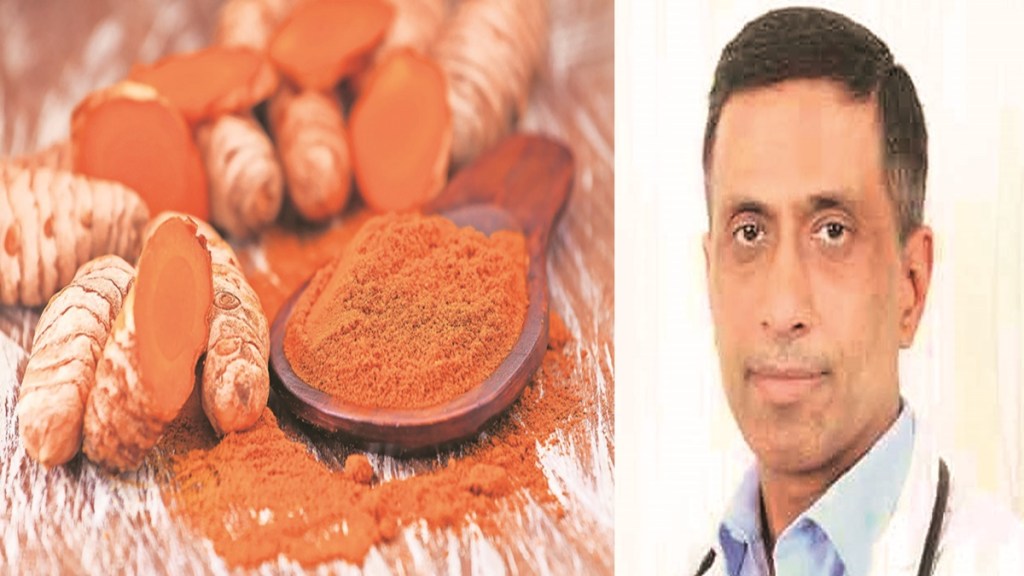A recent case of liver failure in a woman taking high doses of turmeric supplements has raised red flags about the unchecked use of ‘natural’ remedies. Dr Sudeep Khanna, senior consultant, gastroenterology, Indraprastha Apollo Hospitals, says: “Turmeric, known for its anti-inflammatory properties, is generally safe in culinary amounts, but concentrated supplements can lead to toxicity, especially when combined with other medications or consumed in excess. Many people assume natural equals safe, but supplements like kava, green tea extract, and black cohosh have also been linked to liver damage. High doses of these compounds can overwhelm the liver or interact dangerously with prescribed drugs. Such products should not be consumed without medical advice, particularly by those with underlying health conditions. It’s important to remember that supplement does not mean ‘harmless’. Consultation with a physician or certified dietician is essential before beginning any supplement regimen. Natural doesn’t always mean safe, and the line between medicine and poison often lies in the dosage.”
Over-the-counter supplements: Are any truly safe?
Many supplements are available over the counter (OTC), leading consumers to assume they are safe for everyday use. While some, like basic multivitamins or iron tablets, may be harmless in recommended doses, they’re not universally safe. Even common OTC supplements such as calcium, fish oil, or vitamin D can pose risks if misused. For example, excessive vitamin D can lead to calcium buildup and kidney issues. Supplements are not regulated as strictly as prescription medications, so quality and dosage can vary widely across brands. Additionally, ‘stacking’ different products can lead to accidental overdoses or harmful interactions. People with chronic conditions, those taking medications, pregnant women, and the elderly should exercise particular caution. While some OTC supplements are beneficial, their use should still be discussed with a healthcare provider. No supplement, even those sold freely, should be taken casually. Responsible use means understanding your individual needs, not following trends.
Are vitamin and mineral supplements always safe?
Vitamins and minerals are essential nutrients, but supplementing them without clear medical need can do more harm than good. While deficiencies should be treated, excess intake—especially of fat-soluble vitamins like A, D, E, and K—can cause toxicity. For example, too much vitamin A can damage the liver, while excess iron can be harmful to the heart. People often take vitamin C or zinc in large amounts to ‘boost immunity’, but this offers little proven benefit and can lead to gastrointestinal distress or other side effects. Water-soluble vitamins like B-complex and C are generally safer, as they’re excreted more easily, but even these should not be overused. Routine supplementation is not a substitute for a balanced diet. The safest way to ensure proper nutrient intake is through food. Even essential nutrients can become dangerous in the wrong dose or context.
What about protein supplements and their benefits, misuse, and caution?
Protein supplements are among the most widely used dietary products, particularly among fitness enthusiasts. While they can support muscle repair and weight management when used appropriately, overuse can stress the kidneys, especially in people with undiagnosed kidney conditions. Many users consume protein powders without understanding their actual dietary needs, leading to excess intake. Moreover, some products may contain additives, sweeteners, or even banned substances not listed on the label. Protein supplements are beneficial for athletes, people with high physical activity levels, or those recovering from illness or surgery. However, the average sedentary adult typically gets enough protein from food. The best practice is to assess protein needs with a healthcare provider or dietician before starting supplements. Always choose reputable brands, check labels for certifications, and avoid using protein products as meal replacements unless advised. Supplements should enhance, not replace, a balanced diet.







